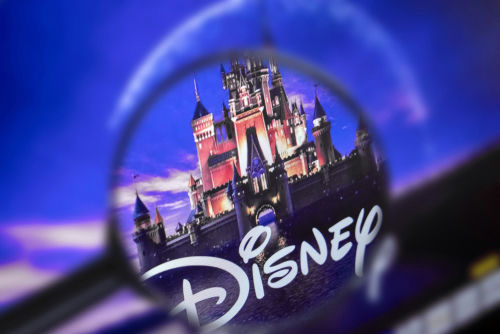Disney has reportedly blocked a sequel to the beloved 1988 classic “Who Framed Roger Rabbit?” because the character Jessica Rabbit is deemed too sexy for the company’s current standards, according to the film’s director Robert Zemeckis.
Director Reveals Disney’s Rejection of Completed Sequel
Robert Zemeckis disclosed on the Happy Sad Confused podcast that a complete script for a Roger Rabbit sequel exists at Disney but will likely never be produced. Despite initial enthusiasm from Disney executives who appeared eager to move forward with the project, the script ultimately failed to receive approval. Zemeckis stated bluntly that “the current Disney would never make Roger Rabbit today,” pointing specifically to concerns about Jessica Rabbit’s appearance. The director emphasized his commitment to creating the sequel as Walt Disney would have—for adult audiences rather than children—but acknowledged this vision conflicts with the company’s current direction.
Jessica Rabbit’s Transformation Reflects Broader Company Shift
Zemeckis highlighted Disney’s treatment of Jessica Rabbit at theme parks as evidence of the company’s discomfort with the character. At Disneyland’s Roger Rabbit’s Car Toon Spin attraction, Jessica Rabbit has been dressed in a conservative trench coat, dramatically covering her iconic form-fitting red dress. The director noted that Disney “can’t make a movie with Jessica in it,” effectively shelving the Peter Seaman and Jeffrey Price sequel script indefinitely. This represents a stark departure from the character’s original design, which helped define the 1988 film’s adult-oriented humor and appeal. For fans who remember Jessica Rabbit as Roger’s glamorous wife, this censorship erases a fundamental element of what made the original film memorable.
Pattern of Progressive Alterations Across Disney Properties
Disney’s handling of Jessica Rabbit fits within a larger pattern of changes the company has implemented across its entertainment empire. The company has removed gendered greetings from park staff protocols, altered classic rides to eliminate alleged offensive imagery, and reimagined beloved characters for modern sensibilities. Recent live-action remakes have received significant progressive makeovers, including the controversial Snow White adaptation starring Rachel Zegler, which replaced the Seven Dwarfs with “magical creatures” of various heights, genders, and races. Additionally, Minnie Mouse received a pantsuit redesign by Stella McCartney, and the film Lightyear featured a same-sex kiss between female characters.
The absolute state of Hollywood
"If it sounds implausible that Disney would hold up a no-brainer follow-up to a box office smash, Zemeckis offered this: "I mean, look what they did to Jessica at the theme park. They trussed her up in a trench coat, you know." pic.twitter.com/19mOjIrvGX
— Nerdrotic (@Nerdrotics) November 2, 2024
Theme Park Attractions Face Systematic Revisions
Disney parks have undergone extensive modifications to align with contemporary standards. Splash Mountain, based on the 1946 film Song of the South, was permanently closed in December 2022 and replaced with a Princess and the Frog-themed attraction. Song of the South itself was removed from all Disney streaming platforms due to allegations of racist stereotypes. Pirates of the Caribbean and Jungle Cruise attractions have similarly been altered to remove content deemed problematic. Chris Beatty, Walt Disney Imagineering creative portfolio executive, explained the company wants to ensure “guests from all over the world can connect with the stories we share and that how we bring those to life are respectful of the diverse world we live in.” However, many question whether these changes honor the original creative vision or simply erase history to satisfy vocal activist groups.
Original Film’s Legacy and Cultural Impact
Who Framed Roger Rabbit? achieved remarkable success when Touchstone Pictures released it in 1988, earning $351 million worldwide and captivating audiences with its innovative blend of live-action and animation. The film followed a cartoon-hating investigator forced to help exonerate Roger Rabbit from murder charges, delivering witty humor that appealed to adult viewers. Its groundbreaking technical achievements and clever storytelling made it an enduring classic that fans have hoped would receive a worthy sequel for decades. Zemeckis maintains that Walt Disney created films for adults rather than children, a philosophy he applied to Roger Rabbit. This approach produced a timeless work of art, but it apparently conflicts with modern Disney’s vision of family-friendly content that prioritizes progressive messaging over creative excellence and audience satisfaction.

